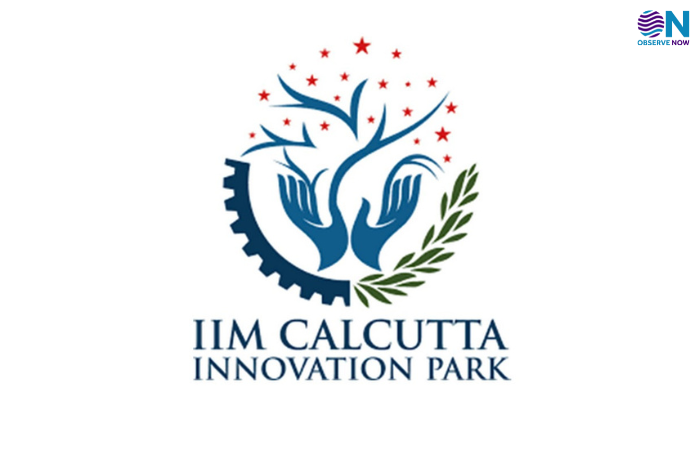IIM Calcutta Innovation Park Champions AI for Inclusion and Impact

At a recent gathering of entrepreneurs, technologists, and investors, IIM Calcutta Innovation Park (IIMCIP) reinforced a compelling vision for the future of artificial intelligence in India—one that is inclusive, affordable, and monetizable. The event, held in collaboration with ecosystem enablers and technology partners, particularly emphasized the need for AI solutions that address real-world challenges for underserved communities.
Rather than focusing exclusively on high-end enterprise AI, the sessions spotlighted how India can lead in creating scalable and sustainable AI products that deliver measurable social and economic impact. In a country as diverse and dynamic as India, the need to make AI more accessible isn’t just a moral imperative—it’s a business opportunity.
The key theme running through the discussions was how startups can bridge the AI divide between India’s urban elite and its rural heartlands. Speakers underscored that true AI innovation in India must go beyond buzzwords and trend-chasing. It should cater to sectors like agriculture, local commerce, rural healthcare, MSMEs, and education, where intelligent automation and insights can unlock transformative change.
Participants were encouraged to think from first principles: What does AI look like for a smallholder farmer in Bihar? How can a kirana store owner use generative AI without knowing English? What if a health worker in a remote district could use voice-based AI to detect early disease symptoms?
One of the event’s highlights was a practical, workshop-style session powered by Google’s GenAI stack. Here, early-stage startup teams had the opportunity to work directly with Google engineers to prototype AI-first solutions tailored to Indian use cases. The tools allowed entrepreneurs to build conversational interfaces, multilingual AI assistants, and predictive tools with minimal coding—lowering barriers to entry for tech founders without deep AI backgrounds.
These workshops didn’t just stop at tools—they were paired with mentoring sessions by VCs, angel investors, and senior technologists, offering participants feedback on how to craft business models that are both impactful and revenue-generating.
Another focal point of the event was responsible AI development. Experts stressed that in India’s context, ethical AI is not just about privacy and bias mitigation but also about designing for low-resource environments. This means building models that are lightweight, multilingual, and contextually aware, ensuring they can function on basic smartphones and inconsistent internet connections.
From a policy standpoint, panelists called for more government–academia–industry collaboration to fund and scale such AI-first ventures. India, they said, must avoid the trap of replicating Western AI narratives and instead forge its own path centered around population-scale innovation.
The event wrapped up with a call to action: Build AI for India—not just for the metros, but for the millions still digitally underserved. With IIMCIP’s support, access to cutting-edge tools, and early-stage capital flowing in, the foundation is being laid for a new generation of AI entrepreneurs who prioritize purpose alongside profit.
As India stands on the cusp of its next tech revolution, inclusive AI may just be its most valuable export.
















